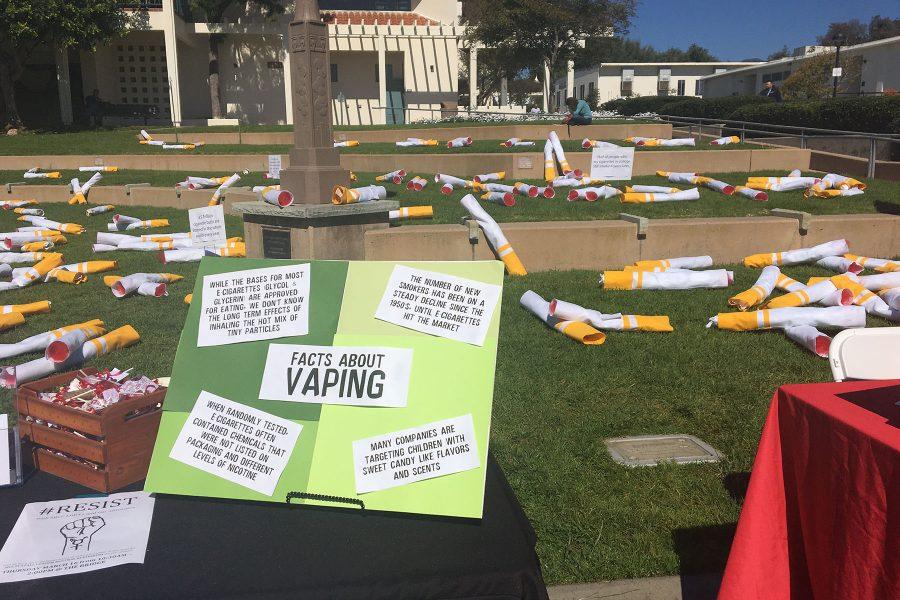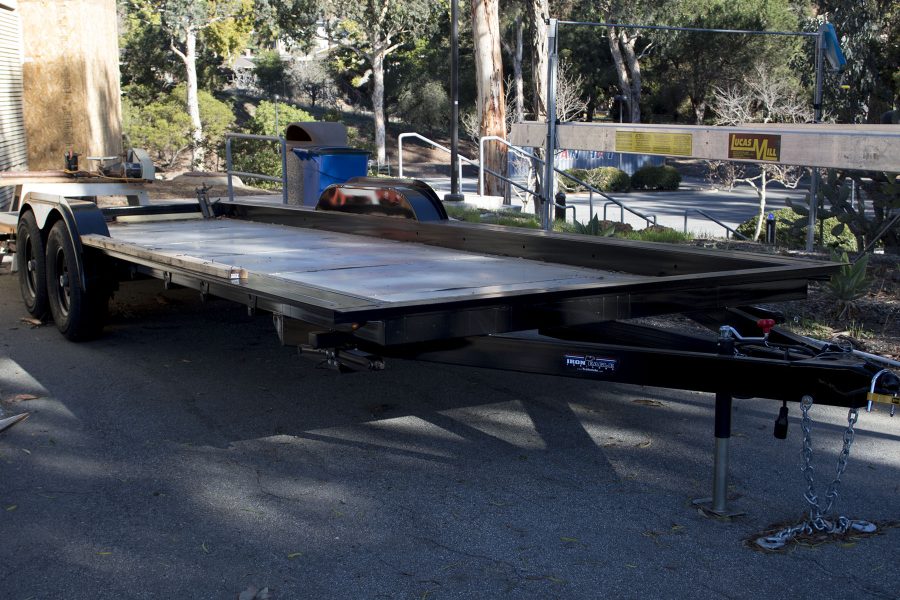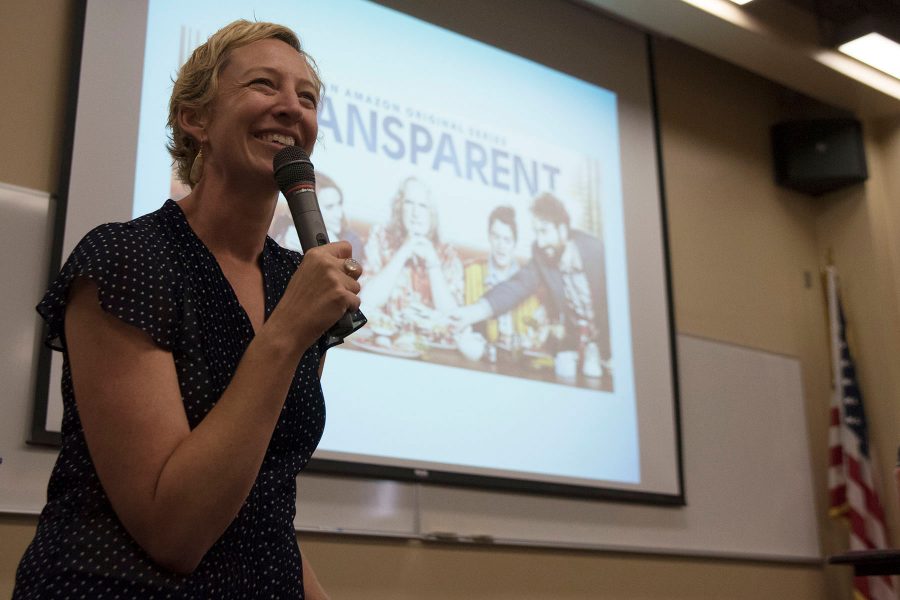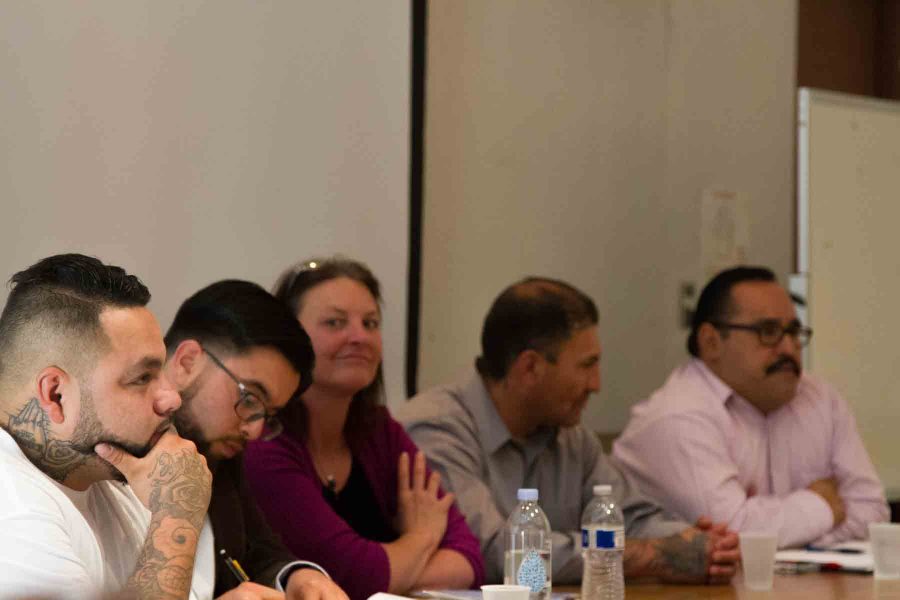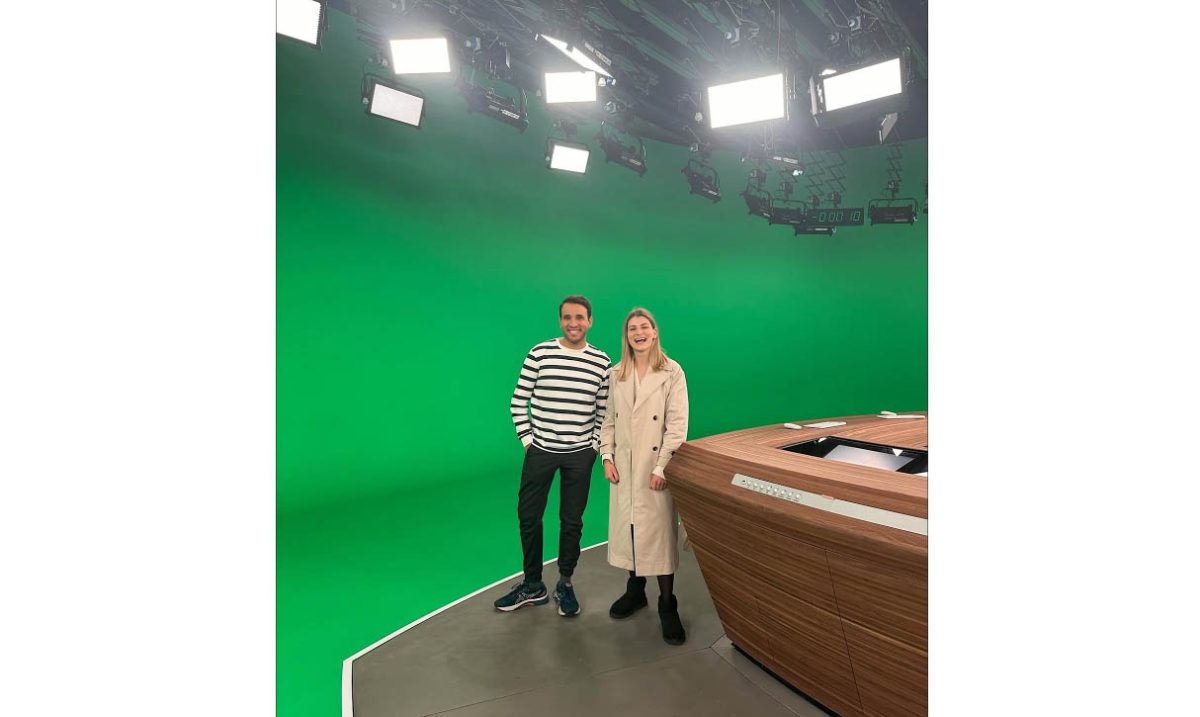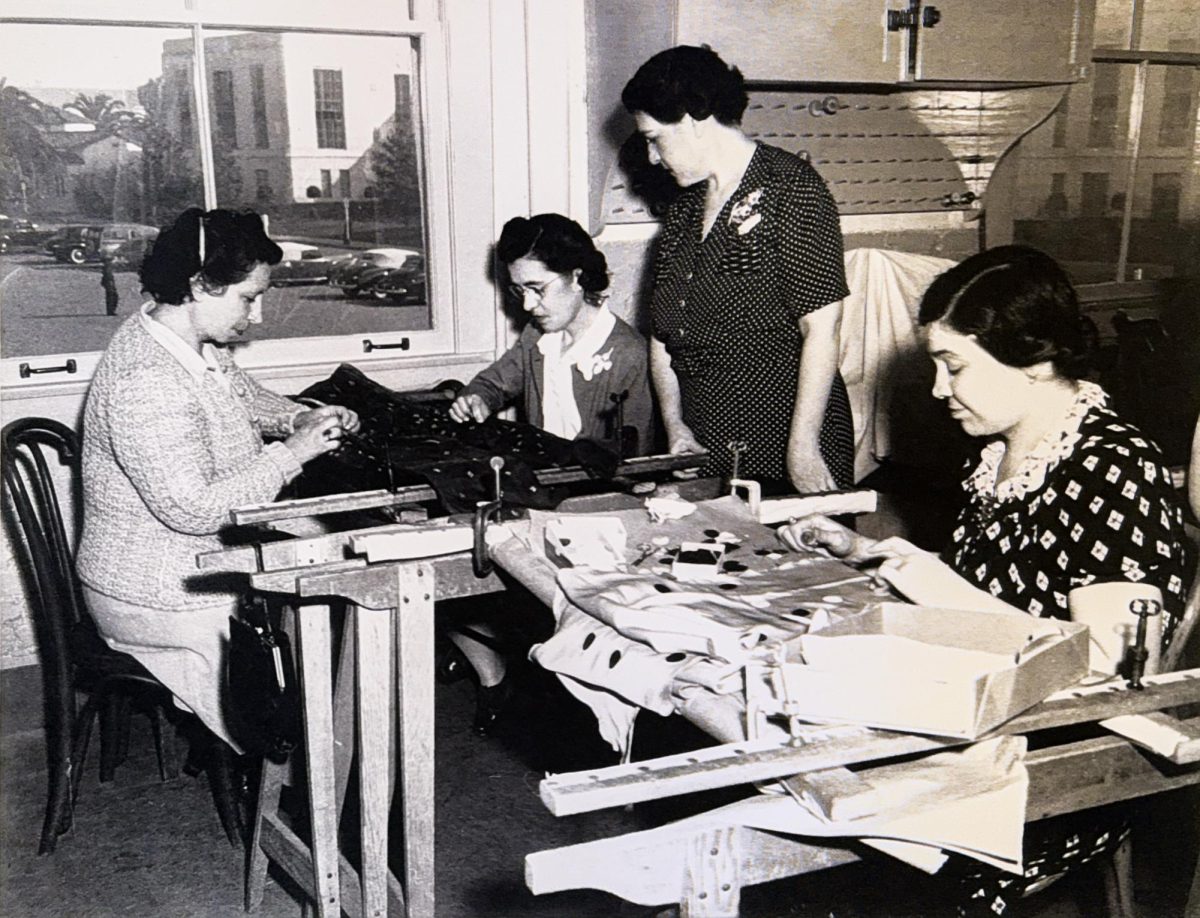The lifecycle of a plastic bottle can be long or short. The one deciding the destiny of this necessity is simply the one holding it in his or her hand.
Let’s take an average person as an example and call him Bob. Now Bob doesn’t really believe in recycling. He thinks it’s silly and argues that it wouldn’t help humanity anyway.
Naturally if Bob has a plastic bottle he wants to get rid of he would not bother setting up a new garbage can in his apartment for recyclables. He would just use his usual can. What Bob would then be responsible for is in fact a lot.
When making a new bottle to replace the one Bob didn’t recycle, fossil fuels will be used. And when we burn fossil fuels we release several substances that pollute our environment.
First there will be hydrocarbons such as carbon dioxide. These gases will join the earth’s carbon cycle, putting it out of balance as the carbon amount increases. This increase will then also add to the greenhouse effect.
Second, Bob will be responsible for releasing amounts of Sulfur dioxide that goes into the air and create acid rain.
Along with sulfur dioxide, nitric monoxide will follow. This gas is toxic and capable of killing people who get too much of it. It also reacts with water vapor in the air and form nitric acid, another cause of acid rain.
And as many might know, the combustion of fossil fuels is considered one of the main causes of the earth’s increase in temperature lately.
If everyone on the planet does what Bob did with recyclables the earth we have would not hold enough resources. According to Bob’s ecological footprint, we might need as many as five earths.
But everyone is not like Bob; let’s look at Josh instead. Josh doesn’t think that recycling is a silly thing someone invented to give people trouble. Josh believes that the bottle in his hand can make a difference.
He won’t throw away his bottle together with everything else; he’ll make sure to recycle it along with his glass, paper and aluminum.
Because Josh recycles his bottle it can now go through productions and become a new plastic bottle. Or it can be turned into energy, or why not a fleece blanket?
Josh’s bottle can continue a circle of life that would spare our earth and us from unnecessary pollution.
If everyone would do what Josh does with recyclables, we wouldn’t need five earths.
One small change has the potential to make a big difference.
If Josh would also decrease his water consumption, ride a bike instead of driving and use electricity from environmentally friendly sources, he would soon be down to using just his share of resources.
How big is your ecological footprint?



